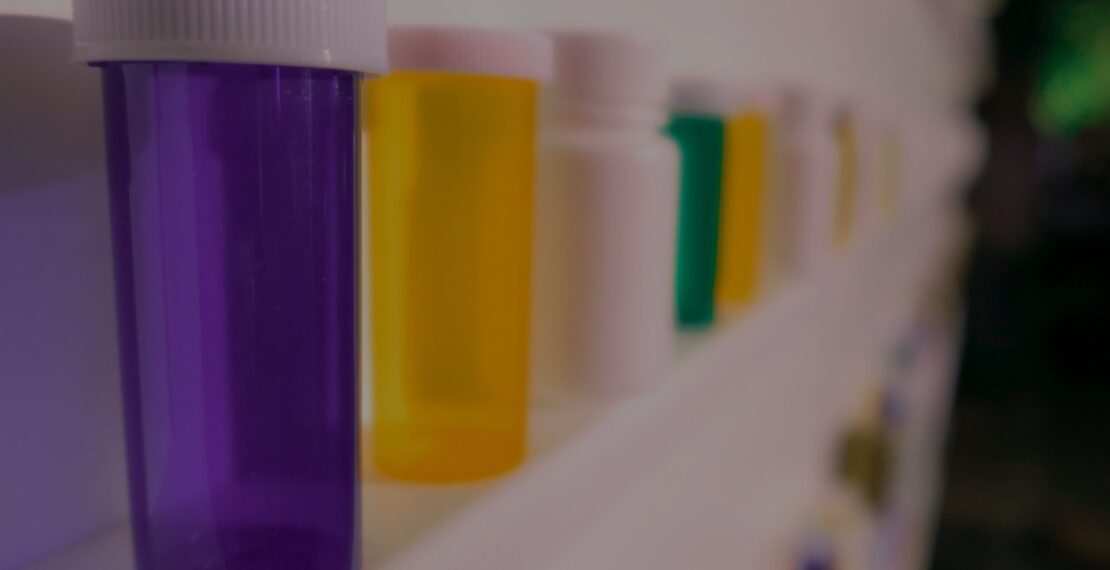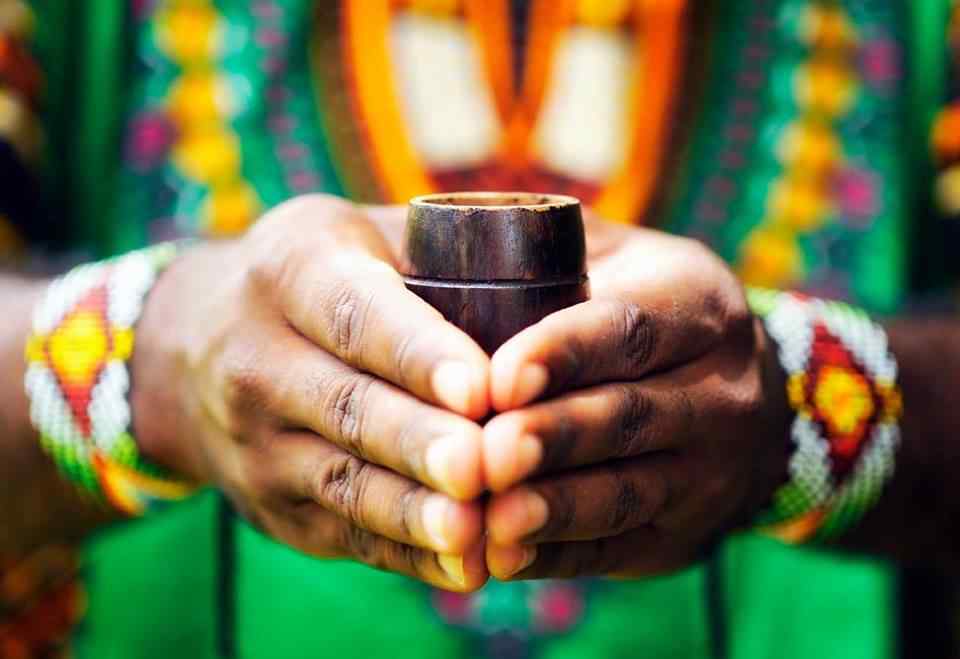Recent studies of ibogaine treatment suggest new, effective ways to provide addiction treatment for heroin and opioids. According to the CDC, nearly two million people suffer from addiction, and tens of thousands die each year of overdoses due to opioids.
Addiction treatment is crucial for many heroin users. Heroin creates physical withdrawal symptoms, where people feel sick when they stop taking it. Prolonged use also can lead to addiction.
Meanwhile, users build a tolerance to heroin. Tolerance means they need more and more to get the same high. Since heroin depresses the respiratory system, users die from an overdose when their breathing shuts down completely.
The severe withdrawal and addiction symptoms are often too painful for a person to manage on their own. Many people still relapse back into using heroin even after receiving addiction treatment.
Fortunately, recent studies of ibogaine treatment show promising results. Ibogaine is a psychoactive compound found in the root bark of certain West African shrubs. People in that region have used it for centuries for psychedelic, medicinal, and ceremonial purposes.
In the United States, ibogaine is an illegal, Schedule 1 substance. This means it is considered to have no medical value and carries a high risk of abuse. However, recent studies say otherwise about ibogaine.
WHY ADDICTION TREATMENT IS CRITICAL FOR HEROIN ADDICTS
Addiction treatment is often necessary for heroin addicts due to the drug’s powerful effects. Heroin and other opioids affect the body in numerous ways.
The body has a naturally-occurring system of opioids. It regulates pain, produces pleasure, and controls nausea. But, “endogenous” opioids appear naturally in very small amounts and don’t have noticeable effects.
Since heroin is much stronger, it produces pronounced results. People have described feeling overwhelming ecstasy, euphoria, and happiness while on heroin.
However, when a person continues using heroin, the body stops making endogenous opioids. Then, when there is no heroin in the person’s system, the body no longer has enough opioids to regulate pain and nausea. The user experiences withdrawal, feeling sick and craving more heroin to feel better.
Heroin also causes psychological addiction by flooding the brain’s natural “reward system” with dopamine. Dopamine produces a euphoric feeling. When heroin causes large amounts of dopamine to be released, the reward system begins to believe this is natural, essential behavior, and tells the brain it should be repeated.
This process may lead to addiction, which “rewires the brain.” If addiction sets in, the person’s self-control, judgment, learning, and behavior become impaired.
Users who want to stop often seek addiction treatment to manage the physical withdrawal and psychological cravings, so they don’t relapse. That’s where ibogaine treatment comes in.
WHY IBOGAINE TREATMENT IS EFFECTIVE FOR TREATING ADDICTION
Researchers are studying ibogaine treatment for its unique and powerful effects on heroin addiction. Studies show ibogaine treatment eliminating withdrawal effects and reducing psychological cravings for up to a year.
Ibogaine treatment is unique. Popular addiction treatments such as suboxone or methadone reduce withdrawal symptoms without producing a “high.” But they are still opioids and don’t treat psychological addiction.
Ibogaine is neither an opioid nor is it addictive. It works with just one dose, instead of regular, ongoing doses like other addiction treatments.
Two recent studies in New Zealand and Mexico worked with opioid addicts to test this. They administered a dose of ibogaine during detox for opioid use. Each study followed the subjects for one year.
In the Mexico study, the subjects previously tried unsuccessfully to stop using opioids and were regularly using. After one ibogaine treatment, no subjects used opioids for 30 days. Most abstained for the year.
Similarly, in New Zealand, each subject received one ibogaine treatment while detoxing. Many of the subjects quit using or vastly reduced their use for that year.
With ibogaine treatment, users don’t suffer from withdrawal symptoms. And the “mystical experience” helps many addicts come to terms with their problems and work to overcome them.
Scientists can’t explain how ibogaine treatment works. However, they have clues and theories.
First, ibogaine works uniquely at a molecular level. Chemical compounds usually bind to a receptor in the body on the outside of a cell membrane. Ibogaine appears to be the only naturally-occurring molecule to bind on the inside.
Researchers aren’t yet sure what this means. However, some believe it holds the key to powerful new addiction treatment tools.
Second, a group of researchers recently hypothesized that psychedelics could “reset” a brain damaged by some mental conditions such as addiction. The theory is that these conditions distort connections in the brain. Psychedelics can help rebuild healthy connections.
As much as this makes ibogaine treatment sound like a miracle cure, it’s more like a promising new step in addiction treatment. It gives addicts an optimal, unprecedented starting point from which they can work toward recovery.
As one person who received ibogaine treatment said, “[Ibogaine] will give an opiate addict several months to half a year of freedom from craving and an expanded awareness… [ibogaine] will not do the work for you. However, it will help you do your own work.”
WHAT’S NEXT FOR IBOGAINE IN ADDICTION TREATMENT?
Ibogaine treatment still faces hurdles. One of the most pressing issues is the health risk associated with ibogaine use. Studies have shown that ibogaine can dramatically alter the way the heart beats, which can be risky if you have previous heart conditions, or are mixing ibogaine with other drugs. Between 1990 and 2008 there were 19 documented deaths due to mixing ibogaine with other drugs, or taking it with prior health conditions.
It’s important to remember that even fit and medically supervised people can suffer fatal reactions to ibogaine. People estimate the rate of fatalities from ibogaine treatment as 1 in 400 – higher than most extreme sports. As a result of this evidence, some researchers suggest a moratorium on its addiction treatment use until they determine safe dosage levels.
Also, heroin and ibogaine are illegal in most countries, and opioids carry a high risk for users. Thus, researchers face ethical problems and challenges getting funding.
However, the severity of the opioid epidemic has opened the door to recent studies. In early 2017, the Multidisciplinary Association for Psychedelic Studies, which funded the New Zealand and Mexico studies, submitted comments to the President’s Commission on Combating Drug Addiction and the Opioid Crisis.
The letter called for the government to fund clinical research into ibogaine treatment. The comments read, in part:
“People suffering from opioid use disorder should not suffer because of the stigma surrounding Schedule 1 drugs and the associated barriers to researching them.”
Curious about supporting your mental health through psychedelics? Check out Third Wave’s vetted directory of psychedelic therapists.








I am interested in trying ibogaine microdosing to combat addiction to marijuana. I haven’t found and protocols for this and would like some guidance. I have had iboga in ceremony before and tolerated it very well.
It does work. In fact works very well for that specific case. For me didn’t even have to use ibogaine extract, just using 1.5g of ground up iboga bark/root does the trick. It also resets the tolerance to MJ….. overall usage of MJ has plummeted for me.